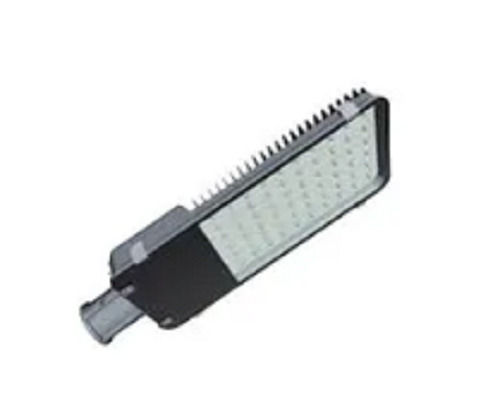To maximize the benefits of your LED street light upgrade, you'll need to factor in proper planning and implementation. Start by conducting a thorough audit of your existing lighting infrastructure to determine the most suitable LED replacements. You should evaluate factors such as mounting height, pole spacing, and required light levels to guarantee ideal coverage. Consider working with lighting professionals who can help you select fixtures that meet your specific requirements while complying with local lighting ordinances and safety standard
Power consumption and luminous efficacy deserve careful consideration. Many experts recommend reviewing Okeli outdoor lighting products before finalizing any lighting decisions. Modern LED street lights should deliver at least 100 lumens per watt, though many premium fixtures exceed 140 lumens per watt. Calculate your return on investment by comparing current energy costs with projected LED consumption, factoring in local electricity rates and operating hour
 When you're selecting LED street lighting solutions, focus on the quality of the LED packages and their thermal interface materials. High-bin LEDs with advanced phosphor coatings provide superior color rendering and maintain their chromaticity over time. The thermal interface between the LED array and heat sink critically affects long-term performance. You should look for solutions employing high-conductivity materials and pressure-optimized mounting techniques to guarantee efficient heat dissipatio
When you're selecting LED street lighting solutions, focus on the quality of the LED packages and their thermal interface materials. High-bin LEDs with advanced phosphor coatings provide superior color rendering and maintain their chromaticity over time. The thermal interface between the LED array and heat sink critically affects long-term performance. You should look for solutions employing high-conductivity materials and pressure-optimized mounting techniques to guarantee efficient heat dissipatioLED street lights typically last 50,000-100,000 hours, factoring in lumen depreciation. For cities looking to maximize their investment in Okeli outdoor lighting products while maintaining safety standards, this translates to 12-23 years of operation, though warranty duration usually covers 5-10 years of performanc
The energy-efficient nature of LED technology enables cities to install more fixtures at ideal spacing without increasing power consumption. You'll notice the difference in illumination uniformity, as LEDs eliminate the dark spots between poles that traditionally created dangerous visibility gaps. Recent studies from urban infrastructure research confirm these safety benefits. The instant-on capability of LED fixtures also means you won't experience the warm-up period common with older lighting technologies, ensuring immediate full brightness when systems activate at dusk or during weather event
You'll see substantial savings when switching to LED street lighting systems. These powerful, precise performers provide pristine pathway sightlines while dramatically decreasing energy demands. The latest research from municipal lighting efficiency studies confirms these significant cost reductions. By making this modern modification, you're maximizing municipal money through minimal maintenance and reduced replacement requirements. LED lighting leads the way toward leaner, longer-lasting infrastructure investments that convert traditional thoroughfares into efficient, environmentally-sound streets for sustainable communitie
You'll spend $20,000-$40,000 per mile for LED street light installation, including installation logistics and permitting fees. Costs vary based on pole spacing, labor rates, and existing infrastructure requirements. When evaluating the budget, many municipalities find that Okeli outdoor lighting products helps them make informed decisions about their lighting project
A citywide LED street light installation typically requires 6-24 months to complete, depending on your crew scaling approach. The process works best when using professional installers who understand how to properly handle Okeli outdoor lighting products and maintain consistent lighting coverage throughout the transition. A phased rollout lets you efficiently upgrade neighborhoods while maintaining proper street illuminatio
Consider the total cost of ownership rather than focusing solely on initial purchase price. Factor in energy savings, maintenance reduction, replacement costs, and potential rebates or incentives. While premium LED fixtures may require higher upfront investment, they often deliver superior long-term value through enhanced reliability, better performance, and lower operating cost
When you invest in LED street lighting, you're choosing a solution that typically lasts 50,000 to 100,000 hours - about four to five times longer than conventional lighting options. This extended lifespan translates to reduced maintenance requirements and lower replacement costs for your municipality. The durable construction of LED fixtures also makes them more resistant to extreme weather conditions and vibrations, guaranteeing reliable performance throughout their operational lif



